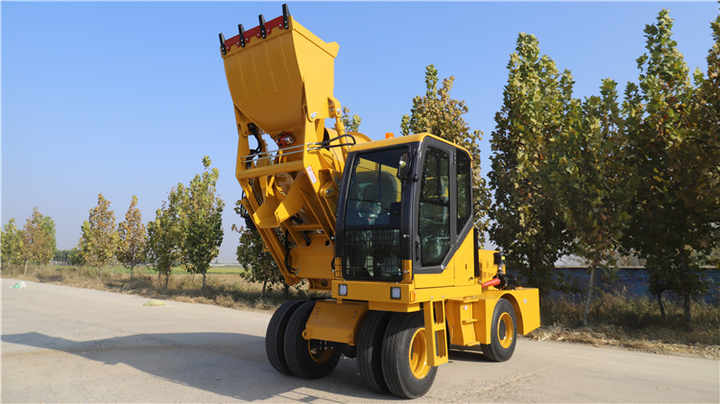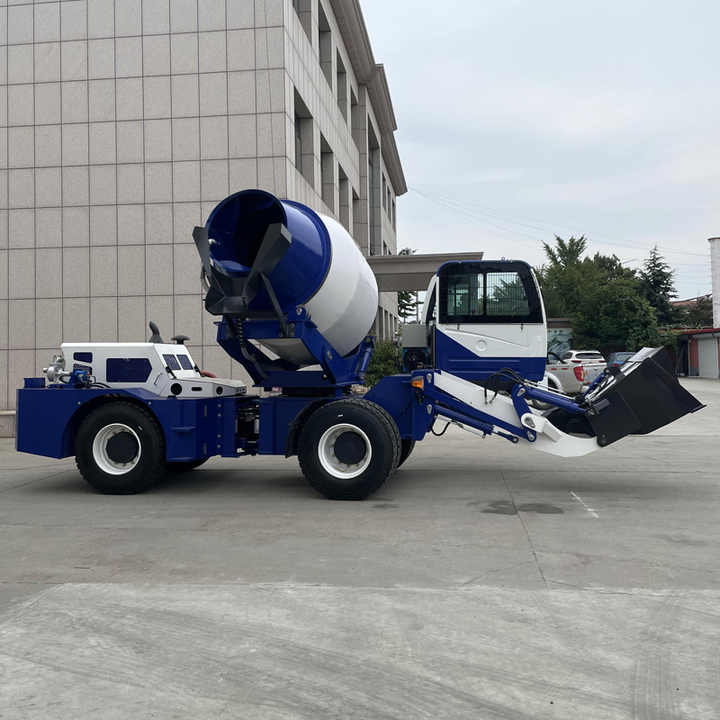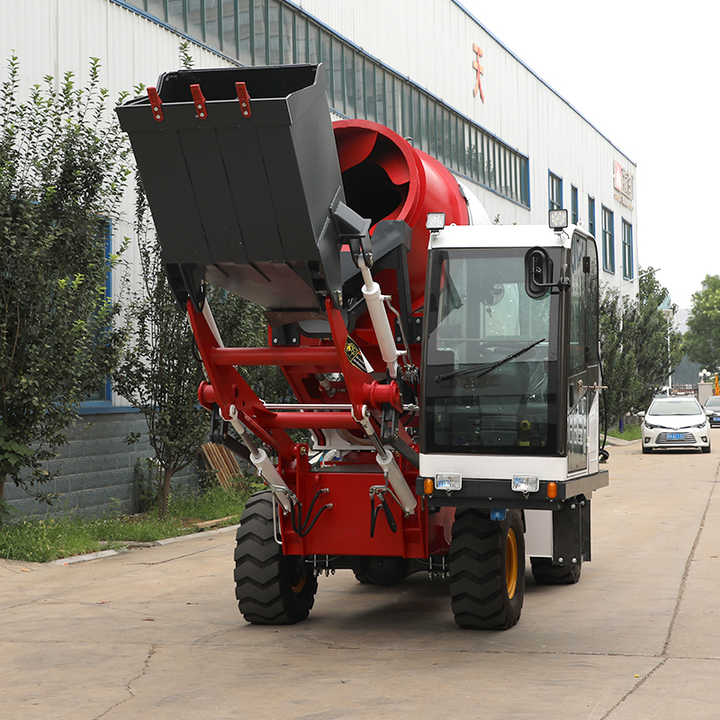Troubleshooting Common Concrete Machinery Problems
-
Thesis: Rapid diagnosis and resolution of common concrete machinery failures minimizes costly downtime; understanding symptoms, causes, and basic fixes empowers operators and mechanics.
-
Outline:
-
Systematic Approach: Start simple. Observe symptoms carefully. Consult the manual first. Use diagnostic codes (if available). Prioritize safety (LOTO!).
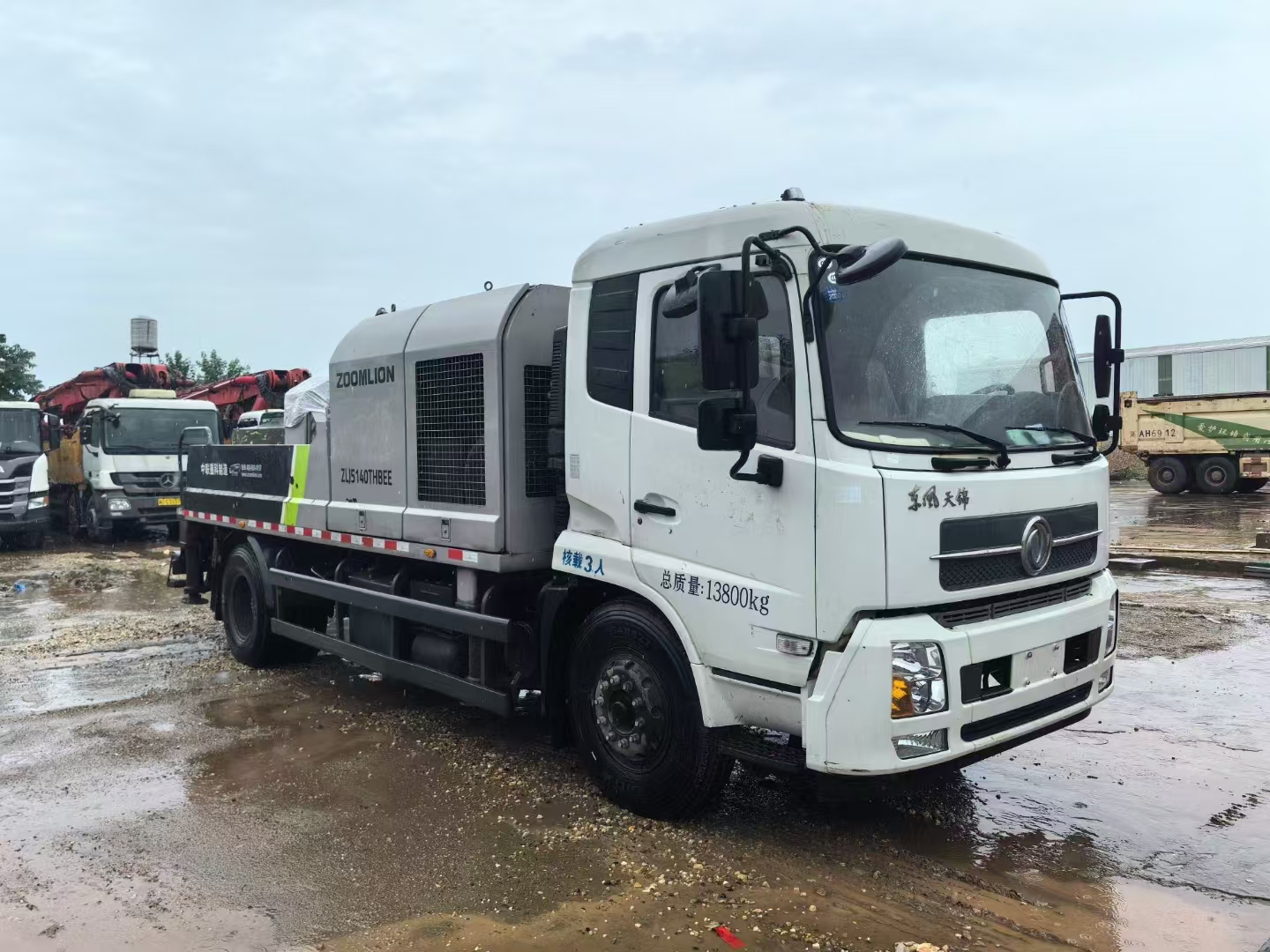
-
Common Problems & Solutions (Focus on Mixers, Pumps, Finishers):
-
Engine Won't Start: Battery (terminals, charge), Fuel (level, filter, supply), Starter motor, Safety interlocks (seat, neutral, PTO).
-
Loss of Power/Overheating Engine: Air filter clogged, Fuel filter clogged, Cooling system (radiator blocked, coolant low, belt broken), Turbo issues (diesel), Exhaust restriction.
-
Hydraulic System Failure (Slow Operation, Weak, Noisy):
-
Low hydraulic fluid level/leak.
-
Clogged suction strainer/inlet filter.
-
Worn pump, internal leaks.
-
Aerated fluid (milky look - check suction line for leaks).
-
Overheating (cooler blocked, fluid degradation).
-
Relief valve stuck open.
-
-
Concrete Pump - Low Output/High Pressure:
-
Partially blocked pipeline (check at bends/reducers). Symptoms: High pressure gauge, pulsating flow.
-
Worn pump cylinders/pistons/seals (check for leakage in water box).
-
Worn S-Valve/Rock Valve or wear plates (excessive gap).
-
Improperly lubricated pipeline.
-
Concrete too stiff/dry.
-
-
Concrete Pump - Blockage:
-
Symptoms: Pressure spikes, no concrete flow.
-
Causes: Concrete segregation, stopping pump with full line, insufficient cleaning between batches, pipeline not lubricated, abrupt bends, worn pipe creating ridges.
-
Safe Clearing: Reverse pump briefly (if safe for valve type), disassemble pipeline starting from end only after releasing pressure (follow manual procedure!).
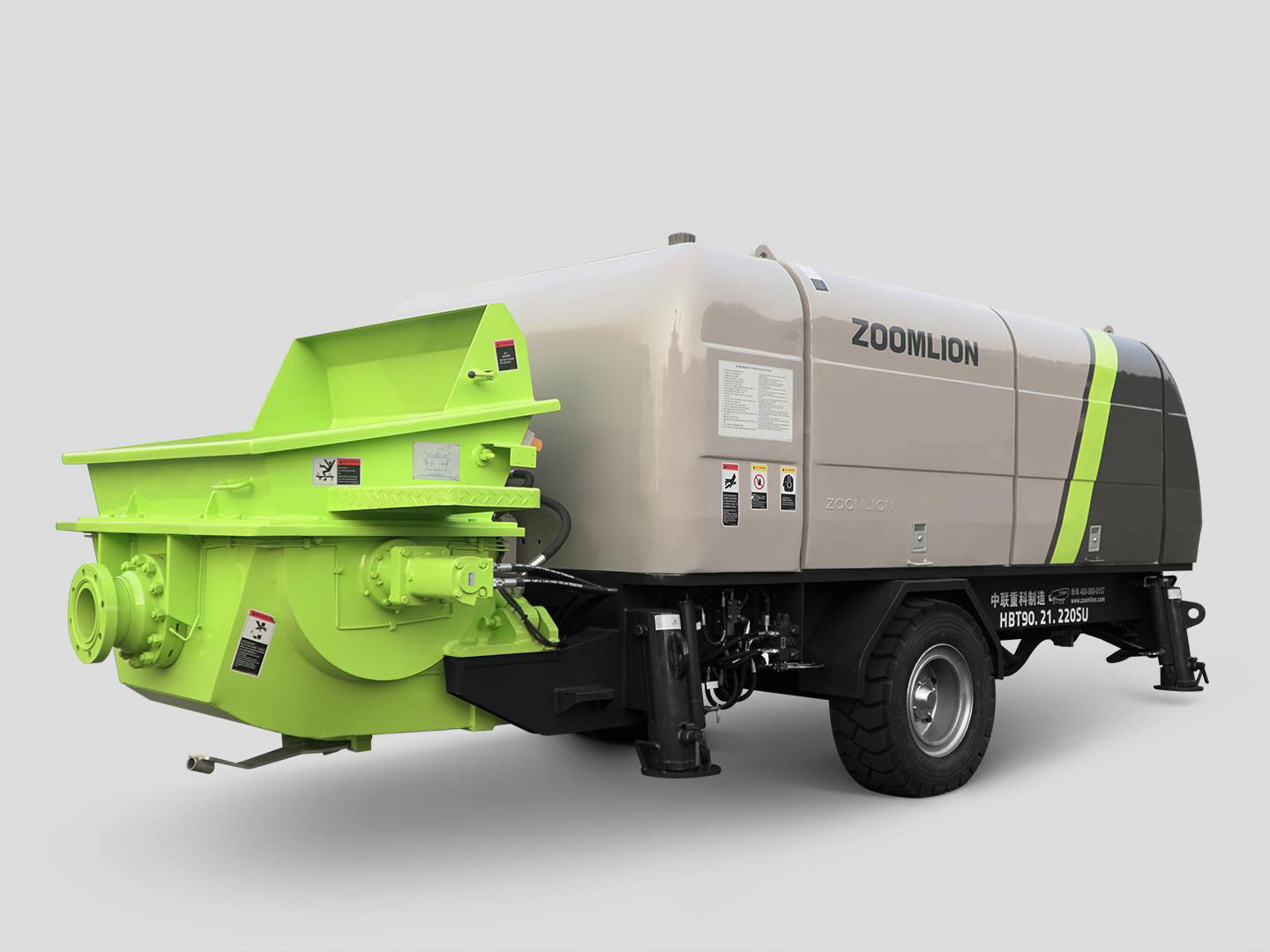
-
-
Mixer Drum Won't Rotate/Rotates Slowly:
-
Hydraulic issue (see above).
-
Mechanical jam (hardened concrete, foreign object).
-
Drive motor failure.
-
Gearbox failure.
-
-
Mixer - Poor Mixing Quality: Worn/blades, incorrect rotation speed, loading sequence error, incorrect water addition timing.
-
Power Trowel - Vibration/Uneven Finish: Loose engine/mounts, unbalanced blades, worn spindle bearings, bent blade arms, operating on unlevel surface.
-
Electrical Issues (General): Blown fuses, tripped breakers, loose/corroded connections, damaged wiring, faulty sensors. Use multimeter systematically.
-
-
Prevention is Key: Emphasize rigorous maintenance (filters, fluids, lubrication, inspections) as the best troubleshooting tactic.
-
Know When to Call a Pro: Complex hydraulic/electrical faults, major component failures (engine, pump, transmission) require skilled technicians. Don't risk further damage.
-
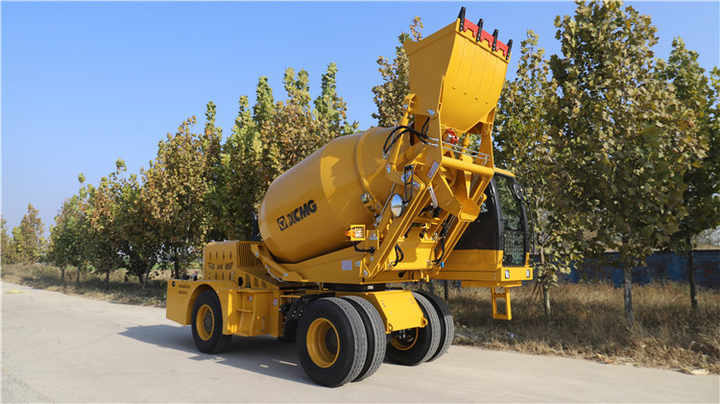 Specifications & Guideline
Specifications & Guideline

